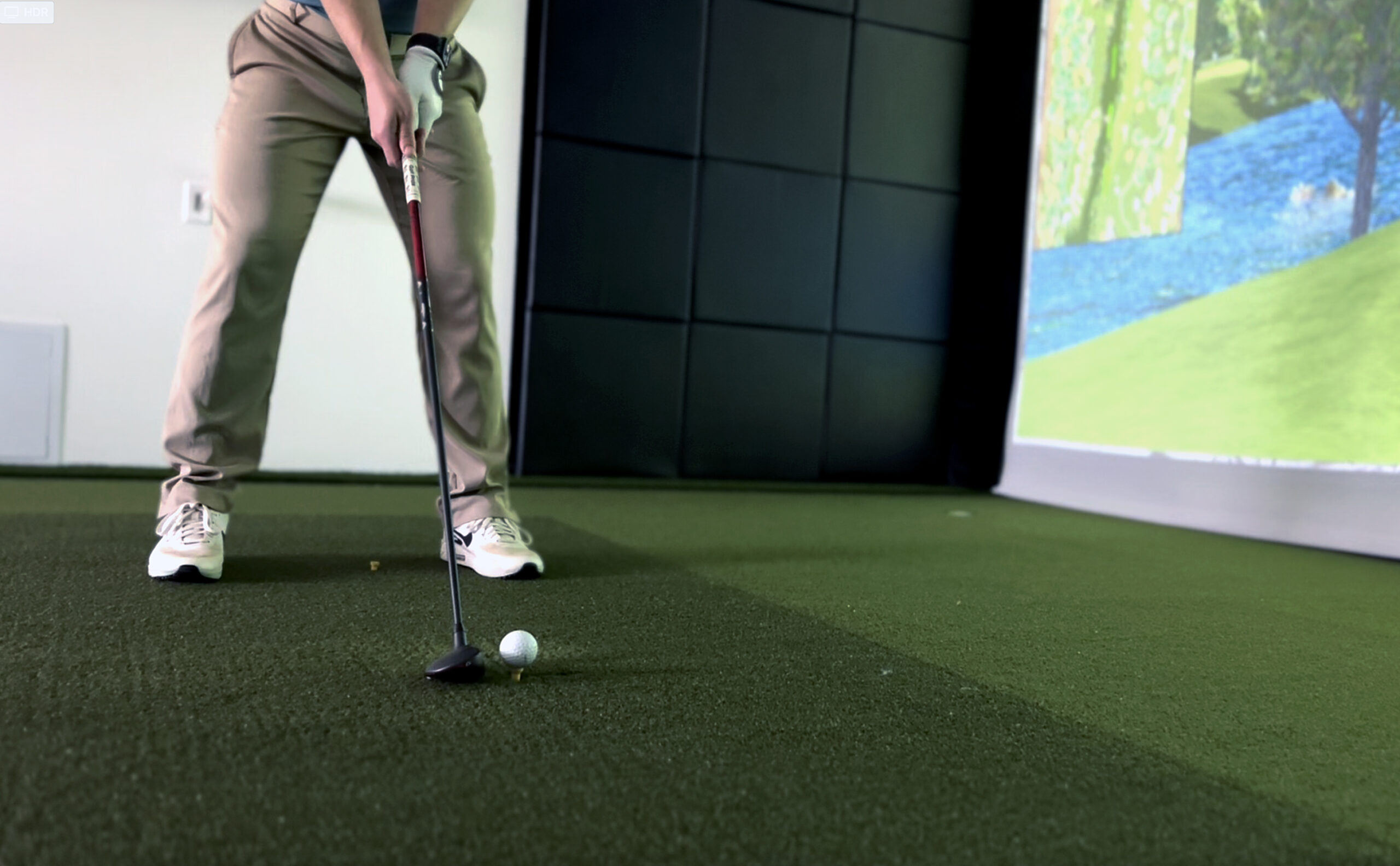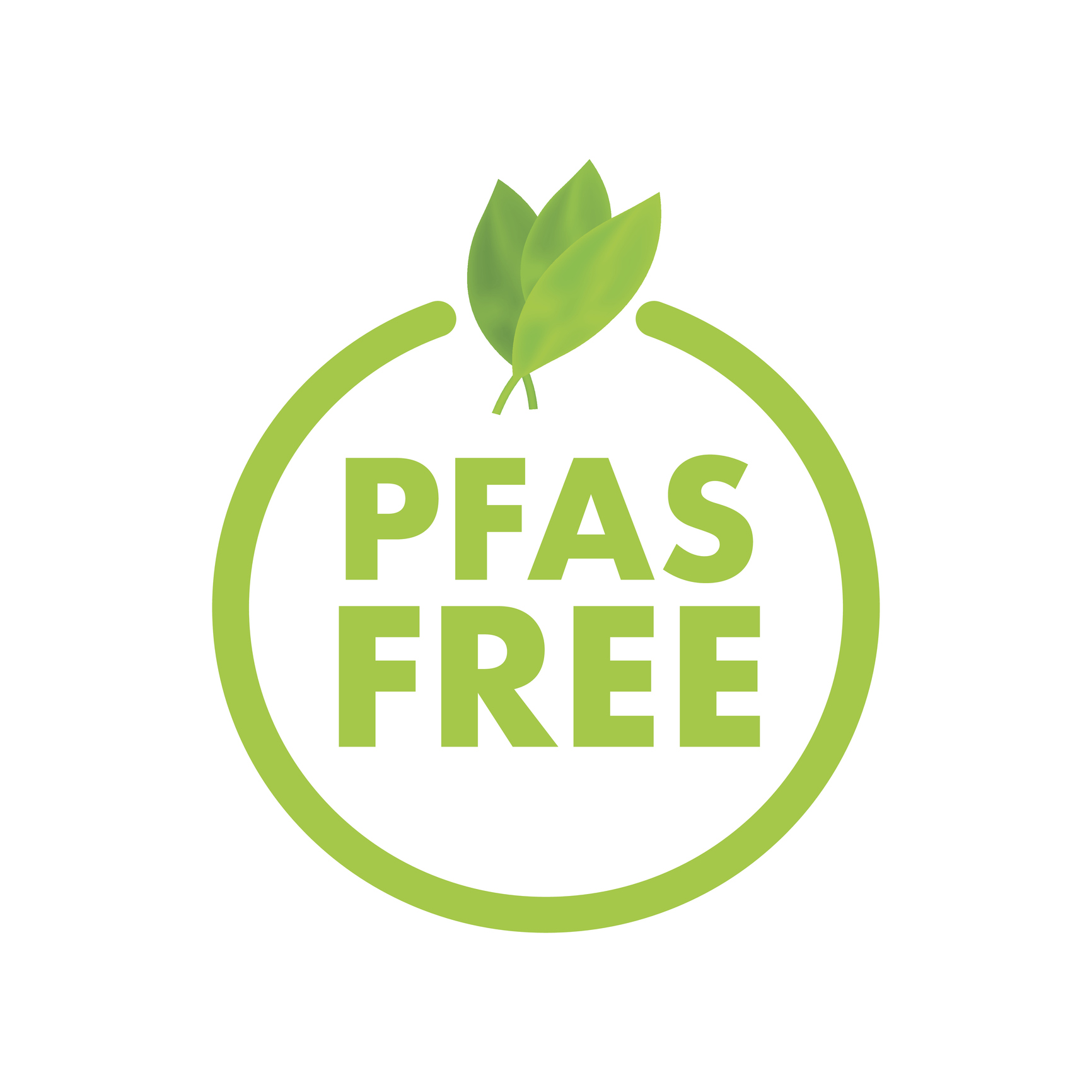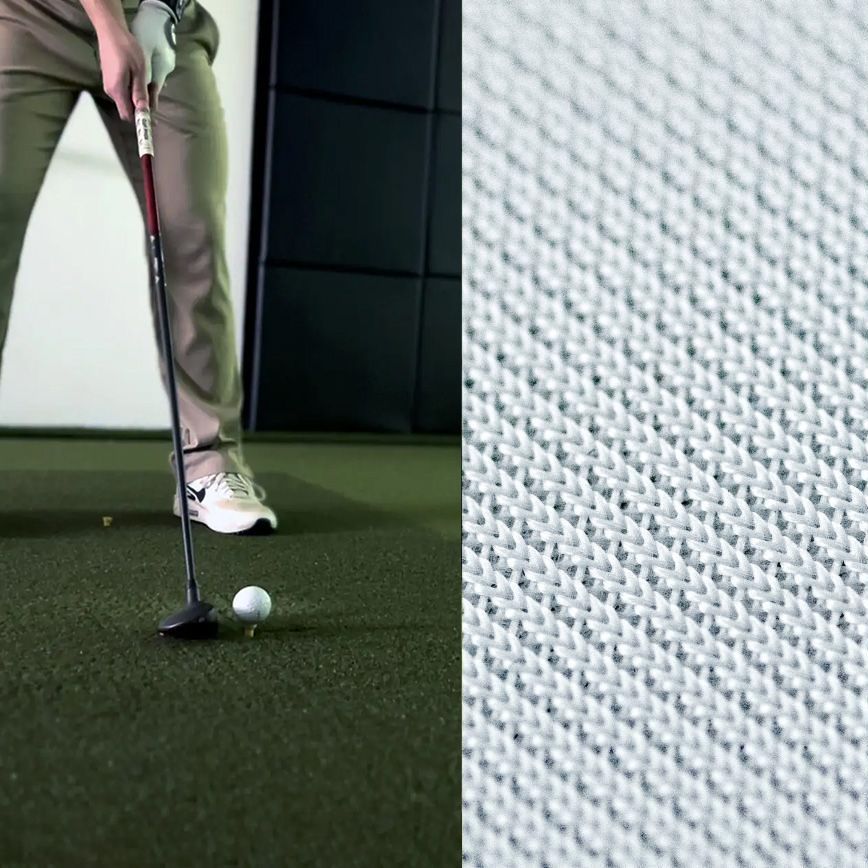


What will 2017 hold for the textile industry? At Apex Mills, we envision the dawning of a new era in U.S. based textiles and we are positioned to be at its leading edge. The trend of “reshoring” American manufacturing continues to gain momentum and there are significant indicators that the domestic textile industry will be a leading sector in this movement. We recognize that the substance of this movement cannot be solely based on changing political tides; it must be built on a foundation of new production capabilities, “smart” technologies and the embracing of new quality, information and service standards.
We have expanded our production capabilities with the acquisition of a fully computerized seven-bar needle knitting machine, capable of virtually unlimited fabric formation changes within a single manufacturing run. This new technology allows us to modify not only the aesthetics of the fabric but also its functionality, and as such is only limited by our imagination. We’ve also been successful in shortening development time and reducing development costs by incorporating the latest 3D modeling software, enabling our textile specialists, working collaboratively with industry designers and engineers to envision, model and manipulate fabric structures before threading the first yarn. In 2017 we look to further broaden our capabilities and create high-performance, cutting-edge textile solutions for our diverse customer base.
Strategically positioned on the forefront of new advances, we are pleased to be engineering advanced textiles, offering visionary materials to forward thinking companies worldwide. We have partnered with Advanced Functional Fabrics of America (AFFOA), led by MIT and the Department of Defense (DoD), to revolutionize the textile industry. By transforming traditional and newly developing fibers, yarns and fabrics into highly sophisticated end products and systems, the U.S. textile industry will be fueled by projects emerging from this consortium of academia, government and businesses.
At Apex Mills, this is our vision and the source for our focus as we continue to deliver an expanding variety of innovative commercial and industrial textiles to the wide range of industries, including aerospace, automotive, government, medical, apparel, electronics, military and defense, we proudly support.
Throughout 2016 we highlighted various textile achievements including how our high-quality mesh and netting fabrics help prevent the spread of the Zika virus and other insect transmitted diseases. Through blogs and case studies, we reviewed the diverse projects we’ve worked on; from contract furniture and medical devices to safety products and wastewater treatment projects, our designs can be found in just about every application imaginable.
Problem Shared. Problem Solved. We take this tagline seriously and over the years, we’ve helped businesses of all kinds overcome their challenges.
Some exciting new work we’re doing within the medical equipment industry includes developing strong, yet lightweight, high performance nets for endoscopy tools that can be retracted into a thin tube as it enters and exits the body. The structure of the net is critical to ensure that tissue and foreign objects in the body can be secured and safely removed.
Within geotextiles, we’re engineering an erosion control tubular fabric that can balance the porosity and performance requirements in a higher strength, longer lasting solution. Simply speaking, the ultimate goal is to absorb water runoff to limit erosion. The science is in developing a material structure that is lightweight but strong, absorbent yet pliable.
A footwear and apparel company looking for a woven fabric alternative turned to us to develop a moisture wicking fabric that wouldn’t fray and would outperform the fabric they were currently using. Our engineers created a solid knit textile containing hydrophilic and hydrophobic fibers, which created a push-pull effect. This maximized moisture movement while maintaining structural integrity to meet rigorous testing.
Other examples of our work include:
Apex Mills is proud to offer innovative, start-to-finish design services for all types of industries, and we look forward to taking on new challenges in 2017.
We continually explore ways to break barriers in our industry and support the demands of our customers. This year, Apex Mills will focus on developing advanced antimicrobial and antibacterial textile solutions to serve a wide range of industries in which these properties are of paramount concern — from medical and military to performance apparel. We will also devote significant R&D to the integration of circuitry and sensors into yarns and other fabrics. This highly sought technology allows materials to sense, communicate, store energy, regulate temperature, and monitor the health of users.
The team at Apex Mills looks forward to the year ahead, and we’d like to thank our customers for making 2016 as exciting as it was. Stay tuned for future blog, Twitter, and LinkedIn posts, as we’ll be keeping you up to date on our latest innovations and most interesting projects.




Reach your most challenging
textile goals with confidence.